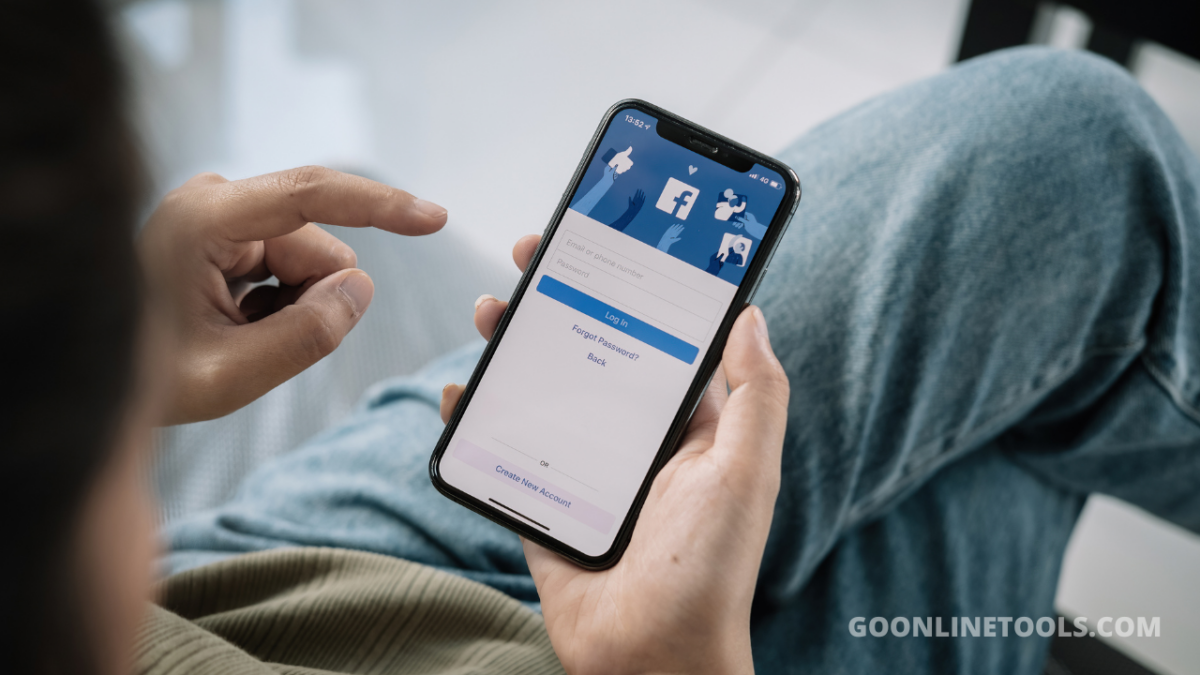Facebook has become an integral part of our lives, connecting us with friends, family, and colleagues across the globe. With millions of users actively sharing their thoughts, photos, and updates on the platform, you might wonder if there’s a way to peek into someone else’s Facebook activity. While Facebook emphasizes privacy and security, there are legitimate reasons for wanting to see someone’s activity, such as monitoring your child’s online behavior or staying updated on a close friend’s updates. In this article, we will explore the methods to see someone’s activity on Facebook while respecting privacy boundaries and adhering to legal considerations.
Why Would You Want to See Someone’s Activity on Facebook?
Before we delve into the methods, it’s essential to understand the reasons behind this curiosity. People might want to view someone’s Facebook activity for various reasons, including:
Ensuring the safety of loved ones: Parents might want to monitor their children’s online presence to protect them from potential dangers.
Staying informed about friends and family: It’s natural to want to keep up with the latest updates from close friends or family members.
Identifying shared interests: Viewing someone’s activity can help you discover mutual hobbies or interests.
Understanding Facebook’s Privacy Settings
Before attempting to see someone’s Facebook activity, it’s crucial to comprehend the platform’s privacy settings. Facebook offers users a range of privacy controls to customize who can see their posts, photos, and personal information. Users can set their profiles to public, restricting specific content to friends only, or even create custom lists to share content with specific groups. Respect for someone’s privacy settings is paramount, and attempting to bypass these settings can lead to serious consequences, including account suspension.
Ways to See Someone’s Activity on Facebook
Activity Log
Facebook provides users with an “Activity Log,” where they can review all their actions on the platform. If you are friends with the person you want to know more about, you can navigate to their profile and click on the three dots (…) next to the “Message” button. From the dropdown menu, select “Activity Log.” Here, you can see their recent interactions, such as posts, comments, likes, and more.
Tagged Photos and Posts
Another way to gain insights into someone’s activity is by checking for tagged photos and posts. If the person is tagged in a photo or post, you can see it even if you’re not friends with them. Keep in mind that the content you can view depends on the privacy settings of the person who posted it.
Following Activity
If you and the person you’re interested in are mutual friends, you can “Follow” their profile to receive updates on their public posts. While this won’t provide a comprehensive view of their activity, it allows you to stay informed about their public updates.
Liked Pages and Groups
If you have common interests, you can check the pages or groups they have liked or joined. This can give you an idea of their hobbies, preferences, or even professional affiliations.
Using Third-Party Tools and Extensions
While there are third-party tools and browser extensions claiming to offer access to someone’s private Facebook activity, proceed with caution. Many of these tools are scams, designed to collect your data or compromise your account’s security. Additionally, using such tools violates Facebook’s terms of service, leading to account suspension or legal repercussions. It is advisable to avoid using these unauthorized tools and focus on legitimate methods within Facebook’s guidelines.
Respecting Privacy and Legal Considerations
Respecting someone’s privacy is of utmost importance when using Facebook or any other social media platform. Always remember that people have the right to control their online presence and decide who can view their content. Trying to access someone’s private activity without their consent is not only unethical but may also be illegal in some jurisdictions. Always seek permission or use the available legitimate methods while staying within legal boundaries.
Conclusion
In conclusion, while it’s natural to be curious about someone’s Facebook activity, it’s essential to respect their privacy and follow ethical practices. Utilizing Facebook’s built-in features, such as the Activity Log and following activity, can provide you with some insights into their online presence. However, never attempt to use unauthorized third-party tools or violate someone’s privacy settings. Instead, focus on building trust and open communication to stay connected with your friends, family, and loved ones on Facebook.
FAQs
Q1: Is it legal to use third-party tools to see someone’s private Facebook activity?
- Using third-party tools to access someone’s private Facebook activity without their consent is not only against Facebook’s terms of service but may also be illegal in many jurisdictions. It’s crucial to respect privacy laws and seek permission from the person in question.
Q2: Can I see someone’s activity on Facebook without being friends with them?
- Yes, you can view someone’s public activity on Facebook even if you are not friends with them. Check for tagged photos, posts, or follow their public updates to stay informed about their activities.
Q3: How do I protect my own privacy on Facebook?
- To protect your privacy on Facebook, review and adjust your privacy settings regularly. Limit the audience for your posts, manage who can send you friend requests, and be cautious about sharing personal information with strangers.
Q4: Can someone see if I’ve viewed their Facebook profile?
- No, Facebook does not provide a feature that allows users to see who has viewed their profile. Any third-party apps or tools claiming to offer this functionality are not genuine.
Q5: How can I report a privacy violation on Facebook?
- If you encounter privacy violations or believe someone is accessing your information without authorization, you can report the issue through Facebook’s Help Center or use the reporting options available on the platform.
